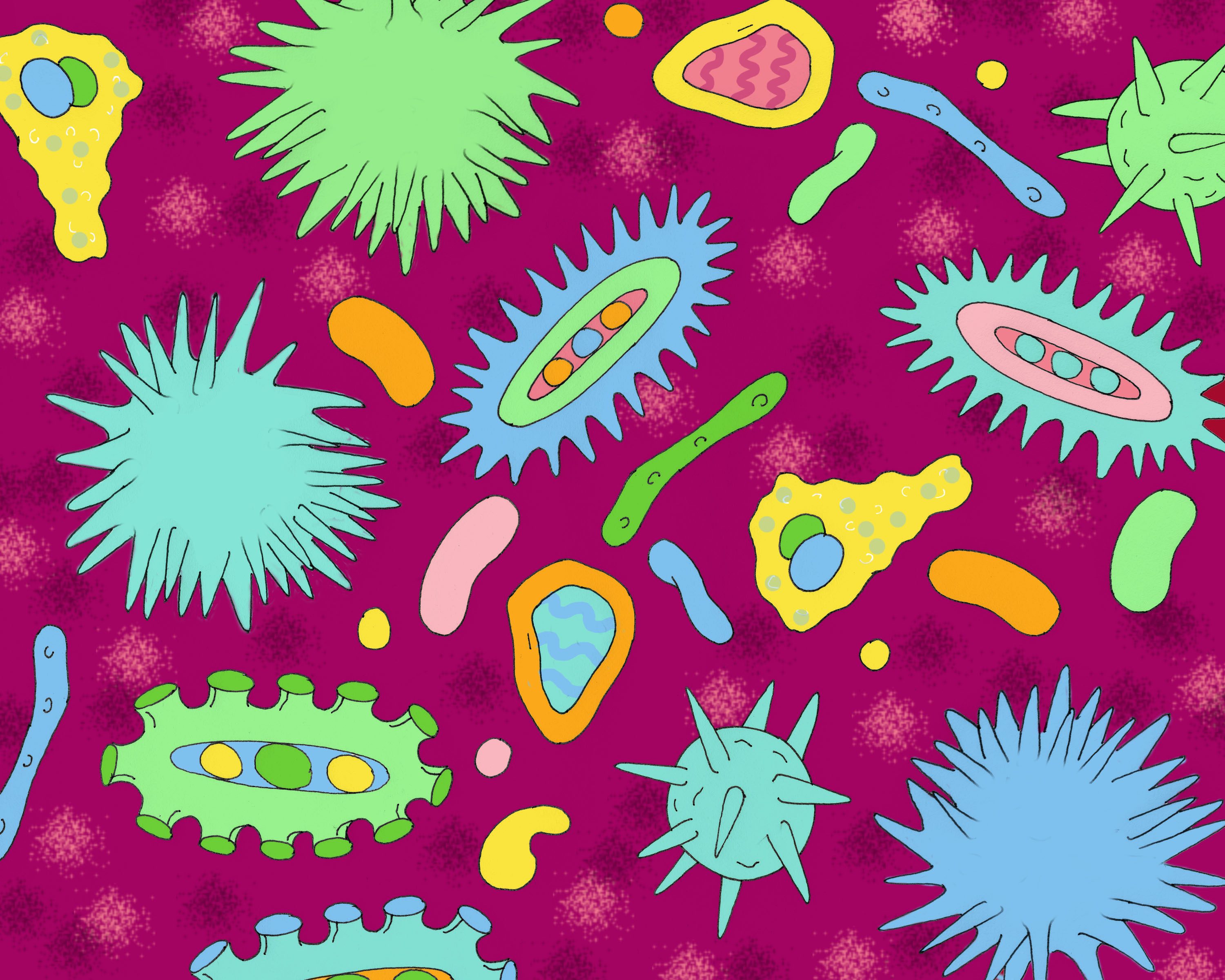- Diseases
- Acoustic Neuroma (14)
- Adrenal Gland Tumor (24)
- Anal Cancer (66)
- Anemia (2)
- Appendix Cancer (16)
- Bile Duct Cancer (28)
- Bladder Cancer (68)
- Brain Metastases (28)
- Brain Tumor (228)
- Breast Cancer (712)
- Breast Implant-Associated Anaplastic Large Cell Lymphoma (2)
- Cancer of Unknown Primary (4)
- Carcinoid Tumor (8)
- Cervical Cancer (154)
- Colon Cancer (164)
- Colorectal Cancer (110)
- Endocrine Tumor (4)
- Esophageal Cancer (42)
- Eye Cancer (36)
- Fallopian Tube Cancer (6)
- Germ Cell Tumor (4)
- Gestational Trophoblastic Disease (2)
- Head and Neck Cancer (6)
- Kidney Cancer (124)
- Leukemia (344)
- Liver Cancer (50)
- Lung Cancer (288)
- Lymphoma (284)
- Mesothelioma (14)
- Metastasis (30)
- Multiple Myeloma (98)
- Myelodysplastic Syndrome (60)
- Myeloproliferative Neoplasm (4)
- Neuroendocrine Tumors (16)
- Oral Cancer (98)
- Ovarian Cancer (172)
- Pancreatic Cancer (166)
- Parathyroid Disease (2)
- Penile Cancer (14)
- Pituitary Tumor (6)
- Prostate Cancer (144)
- Rectal Cancer (58)
- Renal Medullary Carcinoma (6)
- Salivary Gland Cancer (14)
- Sarcoma (234)
- Skin Cancer (294)
- Skull Base Tumors (56)
- Spinal Tumor (12)
- Stomach Cancer (60)
- Testicular Cancer (28)
- Throat Cancer (90)
- Thymoma (6)
- Thyroid Cancer (98)
- Tonsil Cancer (30)
- Uterine Cancer (78)
- Vaginal Cancer (14)
- Vulvar Cancer (18)
- Cancer Topic
- Adolescent and Young Adult Cancer Issues (20)
- Advance Care Planning (10)
- Biostatistics (2)
- Blood Donation (18)
- Bone Health (8)
- COVID-19 (362)
- Cancer Recurrence (120)
- Childhood Cancer Issues (120)
- Clinical Trials (622)
- Complementary Integrative Medicine (22)
- Cytogenetics (2)
- DNA Methylation (4)
- Diagnosis (224)
- Epigenetics (6)
- Fertility (62)
- Follow-up Guidelines (2)
- Health Disparities (14)
- Hereditary Cancer Syndromes (122)
- Immunology (18)
- Li-Fraumeni Syndrome (8)
- Mental Health (116)
- Molecular Diagnostics (8)
- Pain Management (64)
- Palliative Care (8)
- Pathology (10)
- Physical Therapy (18)
- Pregnancy (18)
- Prevention (882)
- Research (384)
- Second Opinion (74)
- Sexuality (16)
- Side Effects (598)
- Sleep Disorders (10)
- Stem Cell Transplantation Cellular Therapy (216)
- Support (404)
- Survivorship (324)
- Symptoms (182)
- Treatment (1764)
Can gut bacteria affect cancer’s response to immunotherapy?
2 minute read | Published March 09, 2017
Medically Reviewed | Last reviewed by an MD Anderson Cancer Center medical professional on March 09, 2017

Melanoma patients’ response to a major form of immunotherapy is associated with the diversity and makeup of trillions of potential allies and enemies found in the digestive tract, according to researchers at MD Anderson Cancer Center.
Analysis of 113 fecal samples of patients with metastatic melanoma found that those who responded to a PD1 checkpoint inhibitor had a greater diversity of gut bacteria and larger volumes of a specific type of bacteria than those who did not respond.
This connection between a person’s microbiome — trillions of bacteria harbored to varying degrees in the human body — and immune system could have major implications for cancer prognosis and treatment.
“Anti-PD1 immunotherapy is effective for many, but not all, melanoma patients and responses aren't always durable,” said Jennifer Wargo, M.D., associate professor of Surgical Oncology.
“Our findings point to two potential impacts from additional research — analyzing the diversity and composition of the microbiome to predict response to immunotherapy and modulating the gut microbiome to enhance treatment,” said Wargo, co-leader of the Moon Shots Program’s™ Melanoma Moon Shot™ and senior researcher on the project, which was presented at the ASCO-Society for Immunotherapy in Cancer meeting in Orlando.
Designing clinical trials
PD1 is a protein on the surface of T cells, the immune system’s specialized attack cells, that shuts down immune response. Anti-PD1 drugs use an antibody to block activation of PD1 by PD-L1, a ligand found on tumors and surrounding cells.
Wargo and colleagues are conducting preclinical research to better understand the mechanisms that connect bacteria and the immune system. They’re also designing clinical trials to test the hypothesis that modifying the gut microbiome might improve patients’ responses to checkpoint inhibitors.
“Evidence from preclinical research had previously indicated a relationship between solid tumors, immune response and the microbiome,” said Vancheswaran Gopalakrishnan, first author and a doctoral student at The University of Texas Health Science Center at Houston School of Public Health. “Our study was the first of its type to look at the relationship between the microbiome and immunotherapy response in patients.”
Gopalakrishnan, Wargo and colleagues examined oral and gut microbiome samples from 228 patients with metastatic melanoma. While no differences in response were found in connection with the oral samples, the 113 fecal samples told another story. Gopalakrishnan said the team conducted 16S rRNA sequencing, an analysis of the presence of 16S ribosomal RNA used to identify bacteria.
Among the 93 patients treated with anti-PD1 immune checkpoint blockade, the researchers had gut microbiome samples from 30 responders and 13 non-responders. They found:
- A greater diversity of types of bacteria in the responders’ microbiomes.
- Increased abundance in responders of the Ruminococcaceae family of bacteria within the Clostridiales order.
- Increased abundance of Bacteriodales in non-responders and a much lower diversity of bacteria.
Read more about this research in the MD Anderson Newsroom.
This connection between a person’s microbiome — trillions of bacteria harbored to varying degrees in the human body — and immune system could have major implications for cancer prognosis and treatment.
